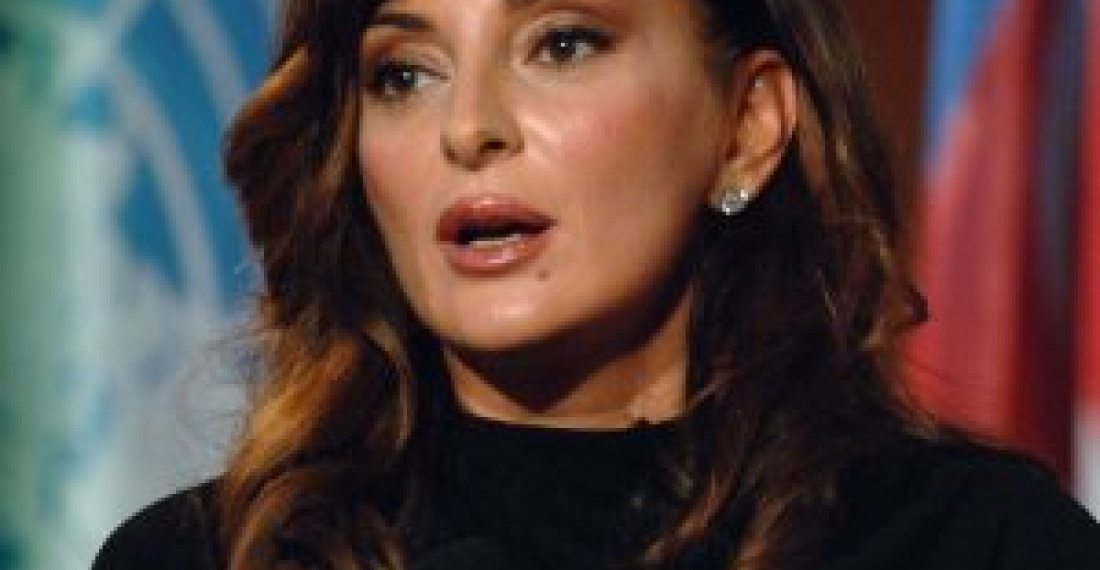Azerbaijan is a country where politics often takes an unusual course, and where small gestures often have an important significance.
On Saturday (15 June) it was announced that Azerbijan's First vice-president and First Lady, Mehriban Aliyeva had sent condolences on the death of Halim Aliyeva, the widow of former Azerbaijani president, Abdulfaz Elchebey, who died in Istanbul on 14 June. Azerbaijani media also reported that the expenses of the funeral of Halim Aliyeva will be borne by the Heidar Aliyev Foundation, which is headed by the First Vice president.
This modest act of generosity has political significance, particularly as it comes on the day that official Baku is celebrating National Salvation Day, an occasion that marks the moment that the late Heidar Aliyev came back to national politics, shortly after which he replaced Elchebey as the country's president. Since then the official narrative in Baku, not without some justification, has been that Heidar Aliyev - father in law of Mehriban Aliyeva and father of the current president Ilham Aliyev - had saved the country from disaster after a short but tumultuous Elchebey presidency.
Whilst some dismiss Mehriban Aliyeva's gesture as hypocracy, others see it as another small step in a process of national reconciliation, as the government tries to heal some of the country's deep political divisions.
source; commonspace.eu with agencies
photo: Mehriban Aliyeva, First Vice President and First Lady of Azerbaijan.






